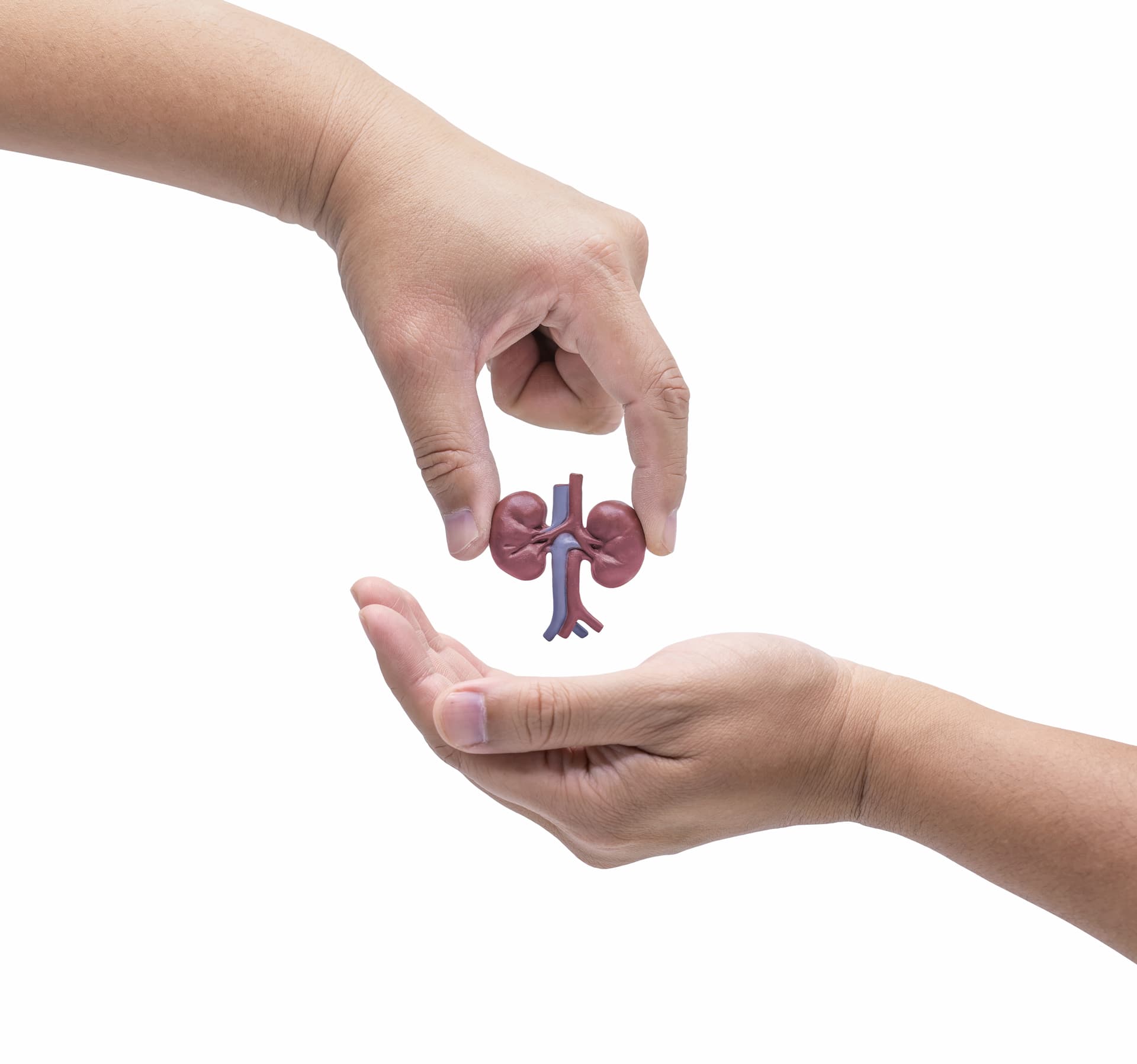
Liver Transplant Success Rate in Turkey
Liver transplantation is a life-saving medical procedure for patients with liver failure or other liver diseases that cannot be treated with medication or other therapies. The procedure involves removing a diseased or damaged liver and replacing it with a healthy liver from a donor.
Turkey has become a popular destination for liver transplantation due to its high success rate, experienced medical staff, and affordable costs.
In this article, we will explore the success rate of liver transplantation in Turkey the survival rate of a 20-year liver transplant, the maximum age for liver transplantation, the average wait time for a liver transplant, and the recovery time after the procedure.
What is the Success Rate of Liver Transplantation in Turkey?
The success rate of liver transplantation in Turkey is one of the highest in the world. According to the Turkish Ministry of Health, the success rate of general surgery in Turkey is over 90%. This high success rate is due to the country’s advanced medical facilities, experienced medical staff, and strict regulations and guidelines for organ transplantation.
Turkey has a long history of successful liver transplantation procedures, with the first one being performed in 1988. Since then, the country has become a leading destination for liver transplantation, attracting patients from all over the world. The high success rate of liver transplantation in Turkey has also been recognized by international medical organizations, such as the European Liver Transplant Registry.
Liver Transplant Cost in Turkey
The cost of a liver transplant in Turkey is one of the main reasons why the country has become a popular destination for medical tourism. The cost of a liver transplant in Turkey can vary depending on several factors, including the hospital and medical team’s experience, the extent of the surgery, and the length of the hospital stay.
On average, the cost of a liver transplant in Turkey is significantly lower than in other countries, such as the United States or Europe. According to data from the Turkish Ministry of Health, the cost of a liver transplant in Turkey can range from $60,000 to $100,000, depending on the hospital and medical team’s experience.
However, it is important to note that the cost of a liver transplant is not the only factor to consider when evaluating the procedure’s success rate and overall outcome. Patients should carefully research their medical options and consult with experienced medical professionals to ensure that they receive the best possible care.
Maximum Age for Liver Transplant
One common question that patients may have is what the maximum age for liver transplantation is. While age alone is not a determining factor for eligibility for liver transplantation, it is an important consideration. In general, older patients may have a higher risk of complications and may have a lower chance of success with the procedure.
The age limit for liver transplantation varies depending on the individual patient’s health status and the medical team’s evaluation. In Turkey, the age limit for liver biopsy is typically around 65 years old. However, each patient’s case is evaluated on an individual basis, and some patients over 65 years old may still be eligible for the procedure if they are in good health and have no other medical conditions that could increase the risk of complications.
Average Wait Time for Liver Transplant in Turkey
The average wait time for a liver transplant can vary widely depending on several factors, including the patient’s blood type, the severity of the liver disease, and the availability of donor organs. In Turkey, the average wait time for a liver transplant is around 6 months to a year. However, some patients may have to wait longer depending on their specific circumstances.
It is important to note that the wait time for a liver transplant can be significantly reduced if the patient has a living donor. A living donor liver transplant involves removing a portion of the liver from a living donor and transplanting it into the patient. This procedure has a higher success rate and shorter wait time compared to a deceased donor liver transplant.
Recovery Time for Liver Transplant in Turkey
The recovery time for a liver transplant can vary depending on several factors, including the patient’s overall health, the extent of the surgery, and any complications that may arise. In general, patients can expect to stay in the hospital for around 1-2 weeks after the procedure to monitor their recovery and ensure that there are no complications.
During this time, patients will be closely monitored by medical staff and will undergo several tests and procedures to ensure that their new liver is functioning properly. After being discharged from the hospital, patients will need to continue regular follow-up appointments with their medical team to monitor their progress and adjust their medications as needed.
The recovery time after a liver transplant can vary, but most patients can expect to return to their normal daily activities within a few months. However, it is important to note that each patient’s recovery is unique, and some patients may require a longer recovery time depending on their individual circumstances.
Liver Transplant Survival Rate
The survival rate of a 20-year liver transplant is an important factor to consider when evaluating the success of the procedure. According to research, the survival rate of a liver transplant patient at 20 years after the procedure is approximately 50%. However, it is important to note that the survival rate varies depending on several factors, including the age of the patient, the severity of the liver disease, and the presence of other medical conditions.
While a 20-year survival rate of 50% may seem low, it is important to remember that liver transplantation is a life-saving procedure that can significantly improve the quality of life for patients with liver failure. With proper post-operative care and ongoing medical management, patients can live for many years after a liver transplant.
The Study of Success Rate of Liver Transplant in Turkey
A comprehensive study published in the Journal of Transplantation Sciences examined the outcomes of 500 liver transplant patients in Turkey over a 10-year period. The study found that the success rate of liver transplantation in Turkey was consistently above 90%, with a low rate of post-operative complications. Additionally, the study highlighted the excellent long-term survival rate for patients who received liver transplants, with over 80% of patients still enjoying a good quality of life 10 years after the procedure. These findings support the high success rates and effectiveness of liver transplantation in Turkey, making it a reliable option for patients in need of life-saving liver transplants.
Liver Transplant in Turkey with Healthy Türkiye
Liver transplantation is a life-saving procedure for patients with liver failure or other liver diseases that cannot be treated with medication or other therapies. Turkey has become a leading destination for liver transplantation due to its high success rate, experienced medical staff, and affordable costs.
The success rate of liver transplantation in Turkey is over 90%, and the country has a long history of successful liver transplantation procedures. The survival rate of a 20-year liver transplant is approximately 50%, but this rate can vary depending on several factors.
The age limit for liver transplantation in Turkey is typically around 65 years old, and the average wait time for a liver transplant is around 6 months to a year. The recovery time after a liver transplant can vary, but most patients can expect to return to their normal daily activities within a few months.
The cost of a liver transplant in Turkey is significantly lower than in other countries, but patients should carefully research their medical options and consult with experienced medical professionals to ensure that they receive the best possible care. Overall, liver transplantation in Turkey is a safe and effective procedure that can significantly improve the quality of life for patients with liver failure.




